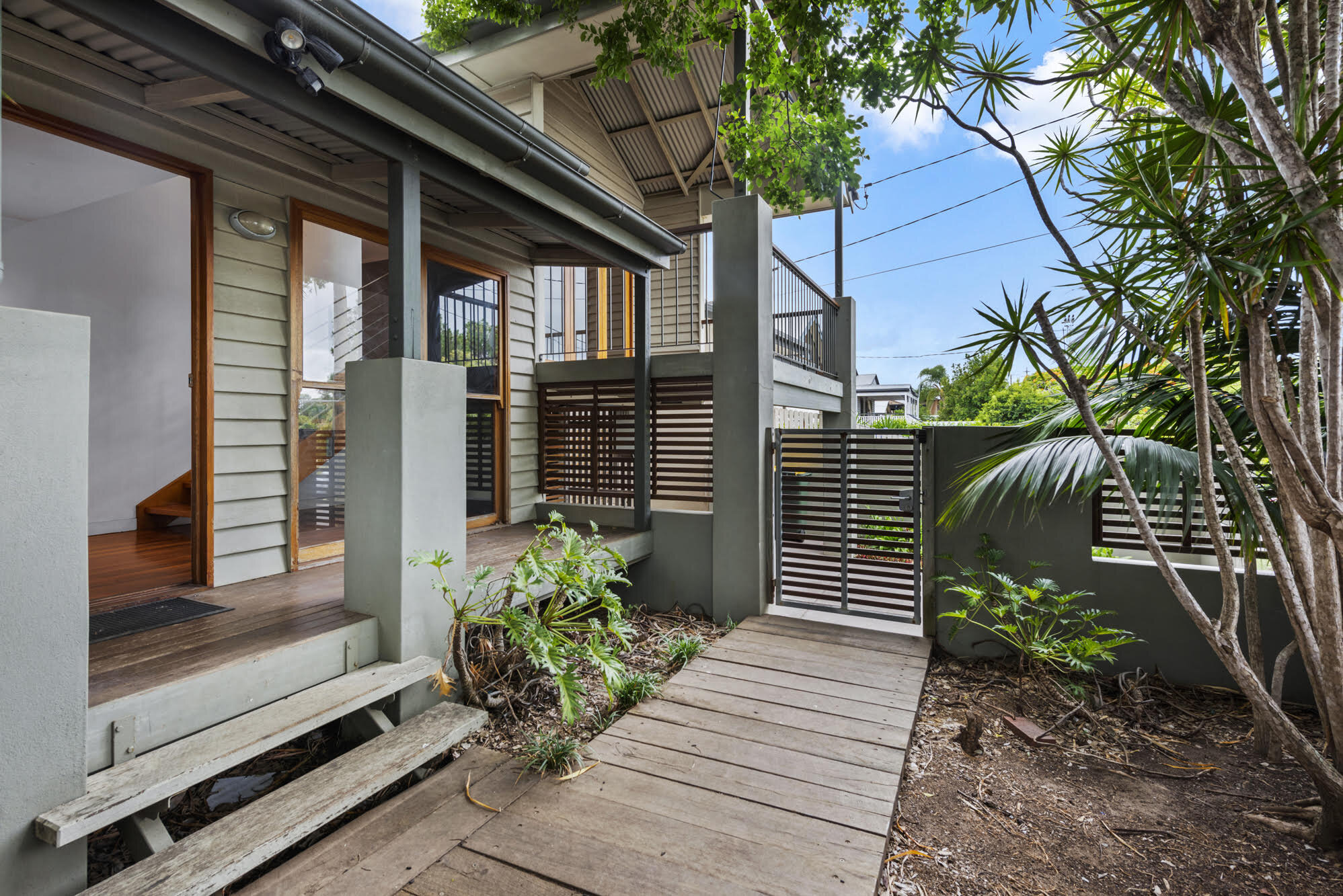Fixed-term leases or Periodic leases? What’s better?
When you're renting your property, there are a few tenancy options you may choose between, depending on your preferences. If leasing your property for short-term or holiday rental isn't of interest to you, it's time to consider your longer-term options. Most property investors rent their place on a fixed-term or periodic tenancy when they are looking to find long-term tenants. Below we outline the ins and outs of fixed-term and periodic leases and when each option may suit you best.
Fixed-term leases
If financial security is one of your key motivators, a fixed-term lease is a great option. As the name indicates, a fixed-term lease covers a set amount of time — the most common being 6 or 12 months. When a fixed term ends, you and your tenant can agree to a further lease. The lease becomes a periodic (month-to-month) agreement if a further fixed-term lease isn't agreed to, and the tenant doesn't vacate. The periodic lease continues until either you or your tenant gives notice to end the agreement.
Rent increases typically occur at the start of a new fixed-term agreement. It's important you get some advice from your property manager when you're negotiating a fixed-term lease to make sure the rental price is suitable for the life of the agreement. You also need to make sure you're abiding by the Queensland legislation and provide 60 days written notice of a rental increase. That’s why here at Habitat Property Agents, we commence our lease renewals approximately 80 days before the lease ends.
The biggest benefit of fixed-term leases is the financial security it provides. In contrast, the major drawbacks include needing to wait until the end of the fixed term to sell if you require vacant possession, or to complete major renovations to your property.
Periodic leases
A periodic lease is a month-to-month agreement that provides more flexibility than a fixed-term agreement. It continues until either party gives written notice to end the lease. Notice periods in Queensland requires tenants to give 14 days’ written notice, yet landlords must provide 60 days written notice. This is a major negative in terms of tenants vacating and to have sufficient time to relet the property. Especially if reducing vacancy rates is of high priority.
If you're looking to do major renovations to or sell your property, a periodic lease can be perfect for getting your property rented while you make plans. However, it's important to note that tenants have the same flexibility in a month-to-month lease, so you could end up with a vacant property and no rental income if your tenant decides to leave. Rent increases also aren't written into periodic agreements, making it difficult to maximise your rental income.
Another major drawback with periodic leases is that some insurance companies will not cover your property, so it is very important to check.
It's up to you
Choosing between a fixed-term or periodic lease will depend on what will work best for your wealth-building goals. A fixed-term lease is a good option if you value stability and financial security. However, if flexibility is your priority, a periodic lease may be more suitable. Talk to your property manager when you're listing your property to make sure you choose an option that works for you.
Remember, this article does not constitute financial or legal advice. Please consult your professional financial and legal advisors before making any decisions for yourself.


